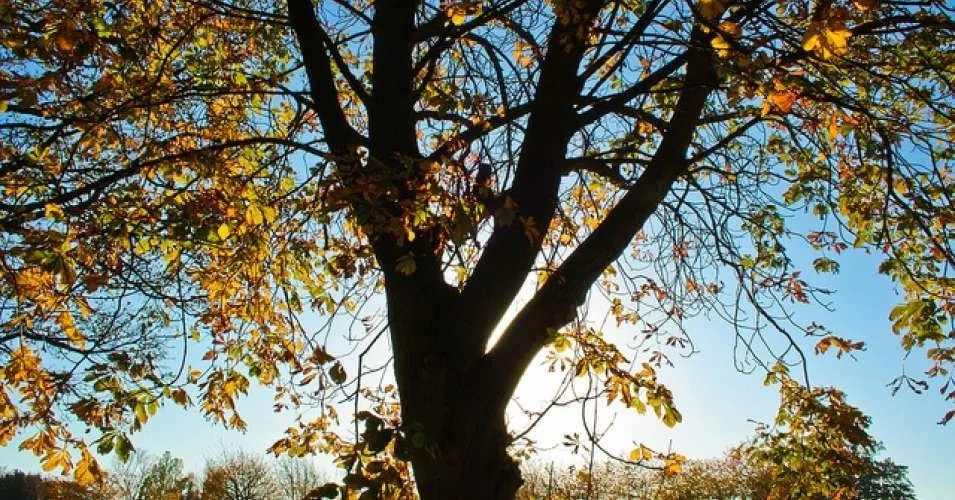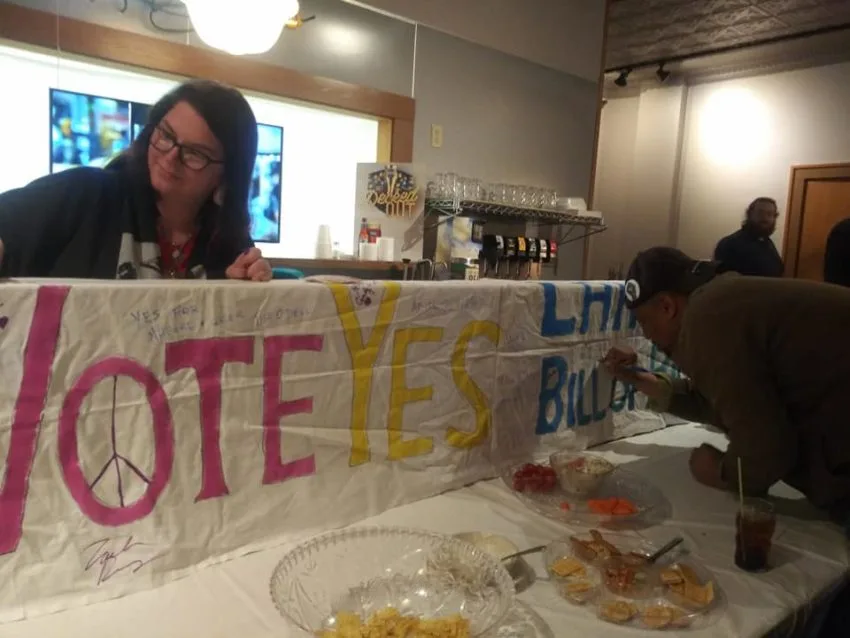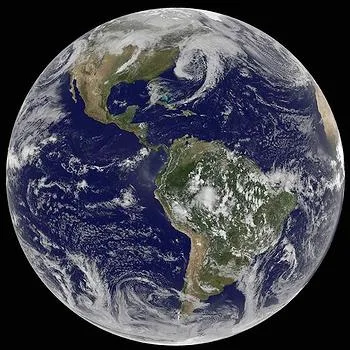We at CELDF are privileged to build relationships with so many people across the country working on Community Rights and Rights of Nature in their communities and we hear so many stories. This guest blog by Sherry Straub is a way for us to share one of these stories with you.
From one community protest to another over the past twelve years, I have heard the chant “What do we want? Clean water! When do we want it? Now!” Well, “now” has come and gone, and we still don’t have clean water.
Reflecting back on the environmental disaster of the Deepwater Horizon oil spill in the Gulf of Mexico, and in conversations with people about it, I realized two things:
1. People didn’t understand our ecosystem was in big trouble.
2. There were plenty of passionate people who wanted to create awareness by educating those who didn’t understand.
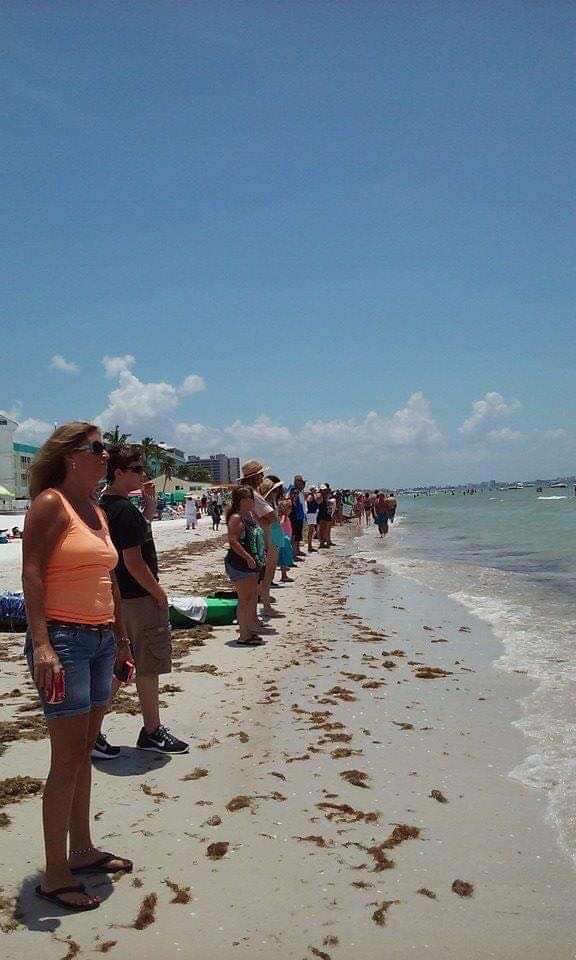
This is about the same time I attended and participated in the first Fort Myers beach protest, Hands Along the Water. It was organized by one of our beach locals and honored nature advocate, Jo Ann Finney. Looking back this was actually the start of the South Florida Clean Water movement. I remember this day like it was yesterday.
All of the people lined up on Fort Myers Beach and held hands as we stretched across the sand for miles on our little seven-mile island. We stood united for the Gulf of Mexico.
The loudmouth on the megaphone, John Heim, another nature advocate, was just what this crowd needed to get them pumped up and pissed off. As he shouted, “what do we want?” The crowd shouted back “Clean Water”. Then he got louder and shouted “when do we want it?” It was in Chorus as the crowd shouted back “NOW”. At that moment I knew even though it seemed so simple that was what we wanted, Clean Water Now. This is when I created the Facebook page and public group named the same, Clean Water Now.
So how did I get to where I am now from there?
It’s been a long journey and along the way, I realized that it didn’t really start on Fort Myers beach. I am from Toledo, Ohio, and have spent most of my life living there or in Florida. But, I think that’s where the realization started and I found some of the pieces to the big puzzle I have been trying to put together for years.
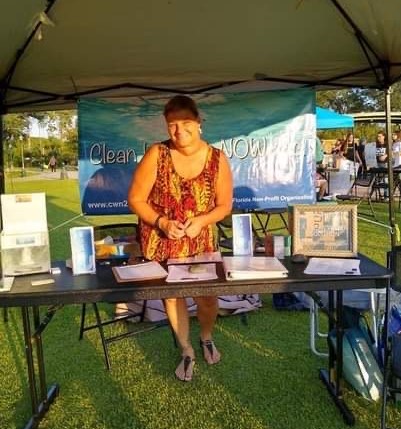
You see, some days the effects of my exposure to environmental toxins make it difficult for me to simply do simple life tasks because of my health. When I say this, I also mean my mental health, as that is part of my physical well-being. I know a lot of people don’t want to talk about it, but we have to. The mental effects of industrial toxins introduced into the environment are impacting so many of us. It should not be taboo. Neurological disorders caused by exposure to toxins cause mental health problems. It’s not a fluke of nature, and someone is responsible. Sadly, mental disorders are too frequently treated as personal failings, or at best as unfortunate naturally occurring chemical imbalance, but never as a pathology with a man-made cause. I’ve been haunted by trying to answer the question: why the denial?

I am not a doctor and I do not give medical advice. But, during my medical journey, which follows my environmental activist journey, I have learned a lot and I willingly share what I’ve learned. Whether you listen or not, that’s up to you.
When I first got sick nobody was talking much about the autoimmune system. Doctors finally determined mine was out of whack.
After many tests and doctor visits, I found out I had an autoimmune disorder called Hashimoto’s disease. This was in 2015, after the cyanobacteria water crisis in Toledo Ohio, which happened in 2014. A huge algae bloom, fed by industrial agricultural runoff into Lake Erie, made the tap water in Toledo toxic to consume and even poisonous to bathe in or touch.
Today I’m not allowed to relay this story around my closest friends, as they have heard about it so many times. They can’t take it anymore. I get it…I understand. Some days I’m tired of saying it. Some days I’m tired of trying to put all of these puzzle pieces together. I’m sick, but luckily not dead yet! So, I can’t stop telling my story. I won’t… I refuse to give up!
I can’t help but wonder how many other people in Toledo, in Florida and all the other places experiencing severe algae blooms are suffering the same as I am? I do know there is research being done (simply google cyanobacteria and health effects) and also a documentary that came out in 2017, Toxic Puzzle, covering the issue.
Many tell me to leave it to the professionals as if I’m not an expert on what it’s like to be on the receiving end of a public poisoning that is making a profit for some. Anyway, I’ve talked to the professionals til I’m blue in the face. What happens when they don’t have any answers?
Of course, I seek advice from my doctor often. I have gone for numerous tests, procedures, and have even had surgery to remove my enlarged thyroid.
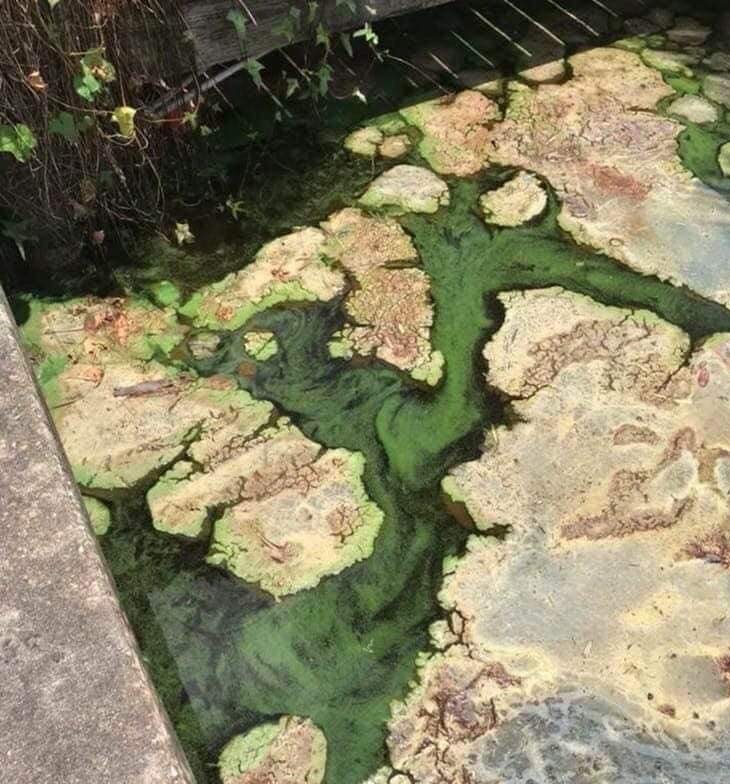
I value her opinion as a medical doctor, but what I don’t understand is how she can tell me, “there just isn’t enough information and data to make the connection between the toxins in the water and your issues. Our county health system is in a small town.“ Ft. Myers a small town? Seriously? If that’s the case, I feel sorry for the people that live in rural cities and towns.
And this is the real reason why I speak out. We are putting toxins not only into the rivers, lakes, and oceans but into our bodies and our children’s bodies through that water. And there are other toxins that we breathe into our lungs and others in the food we swallow. And, we aren’t the only ones. What about the fish, the turtles, the birds, the trees, and all the beautiful life that we share this Earth with? What are we doing?
We have to fight for the Rights of Nature like our lives depend on it, because they do. We are nature!
Our communities deserve more than just the right to Clean Water; our entire ecosystem, our Mother Earth depends on us to end the poisoning. It seems to me we need to recognize the Rights of Nature, and make it illegal to poison Earth and her inhabitants.
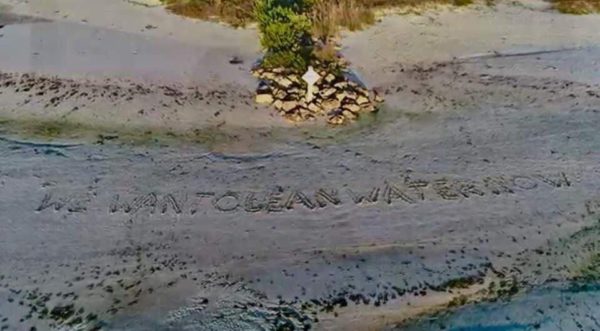
Join our community of friends giving a voice for our environment, at Florida Community Rights Facebook page. Our communities are uniting and becoming stronger. The power is in the people.
What do we want? Clean Water!!!
When do we want it? NOW!!!
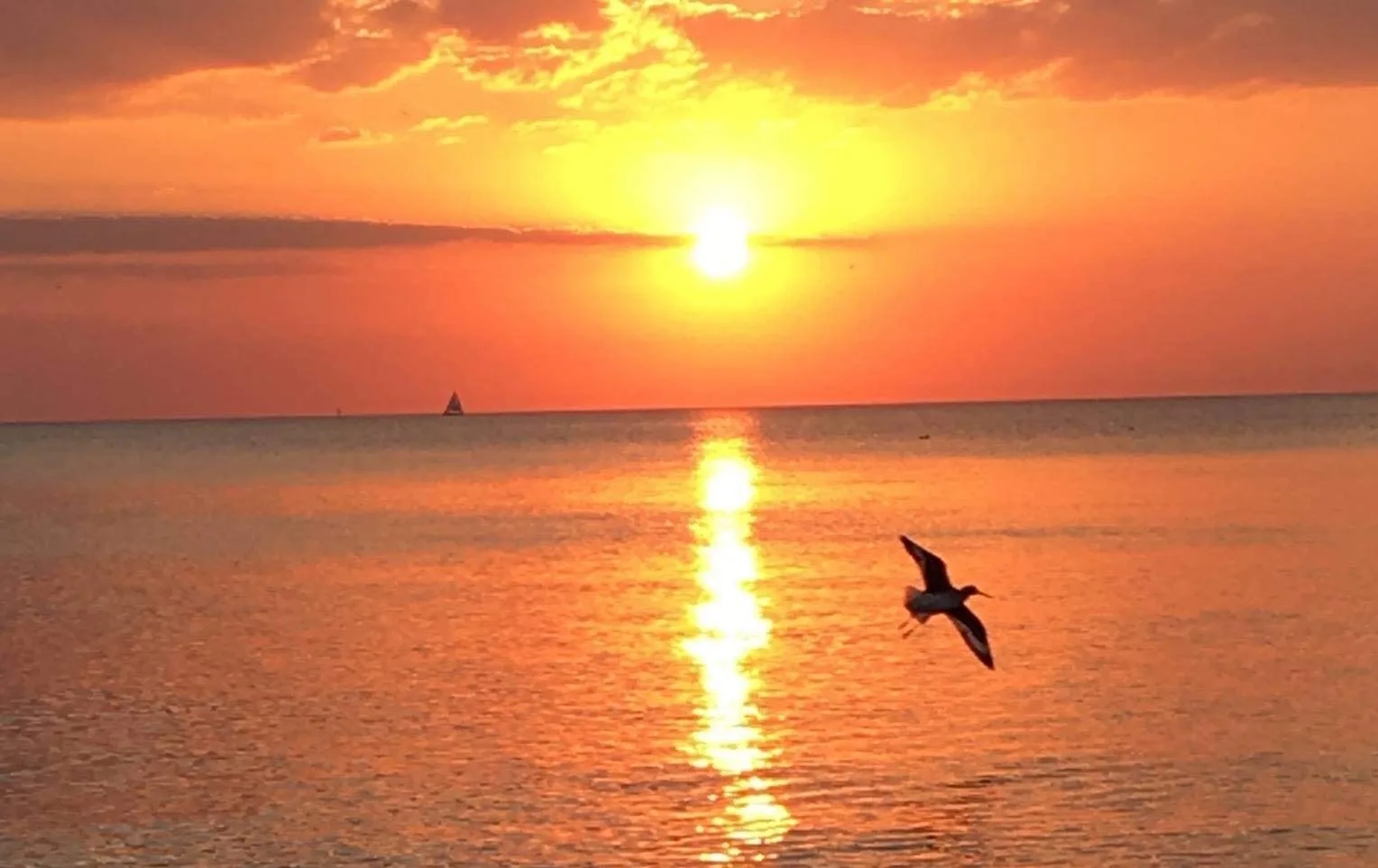
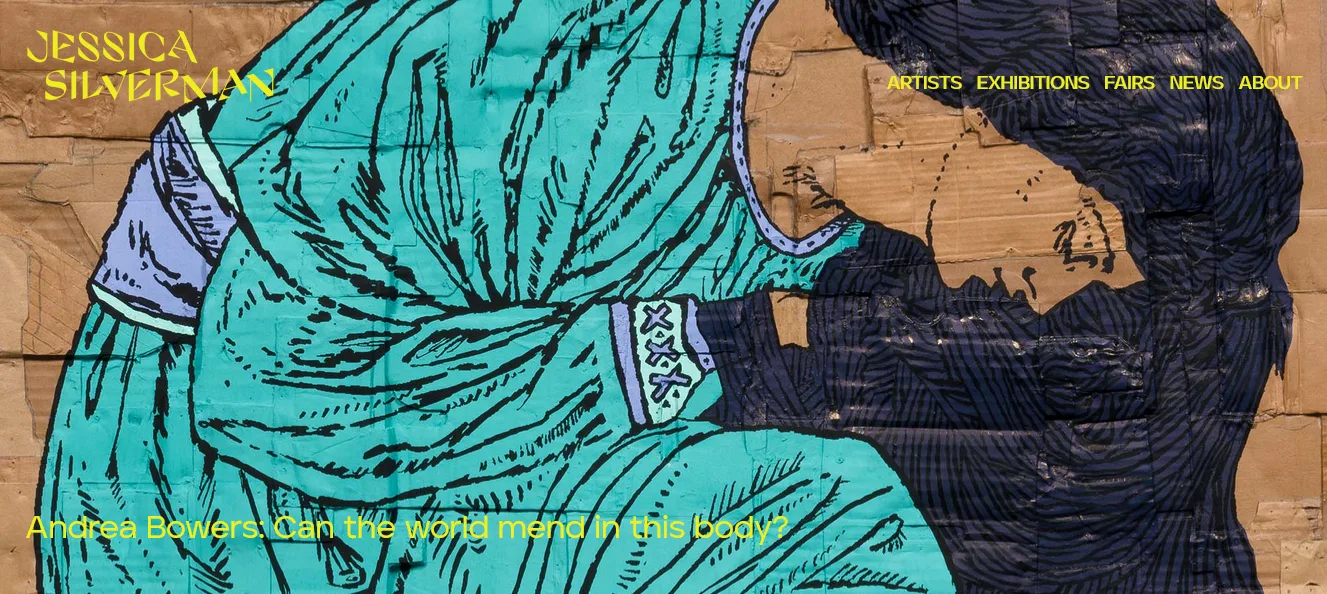
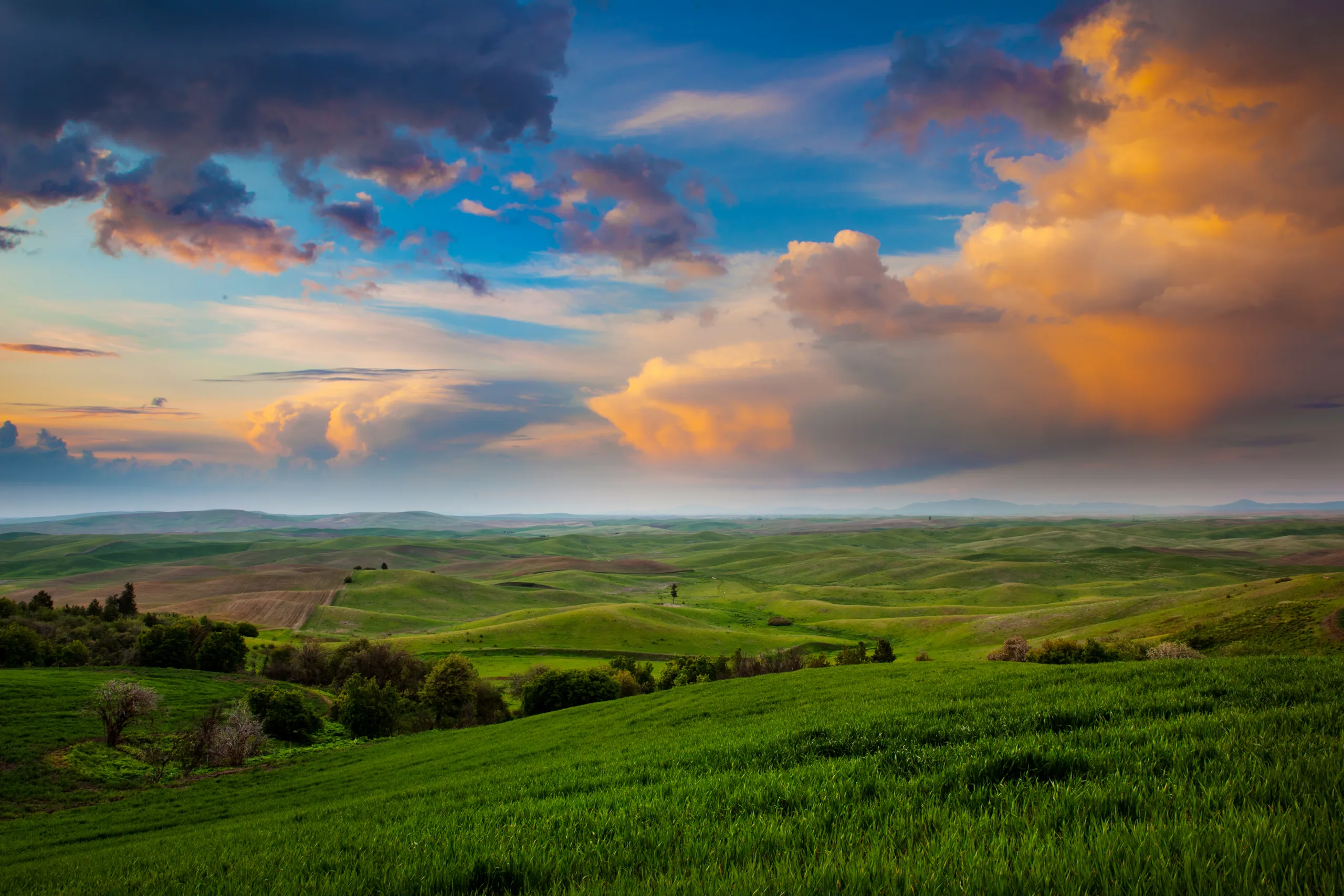
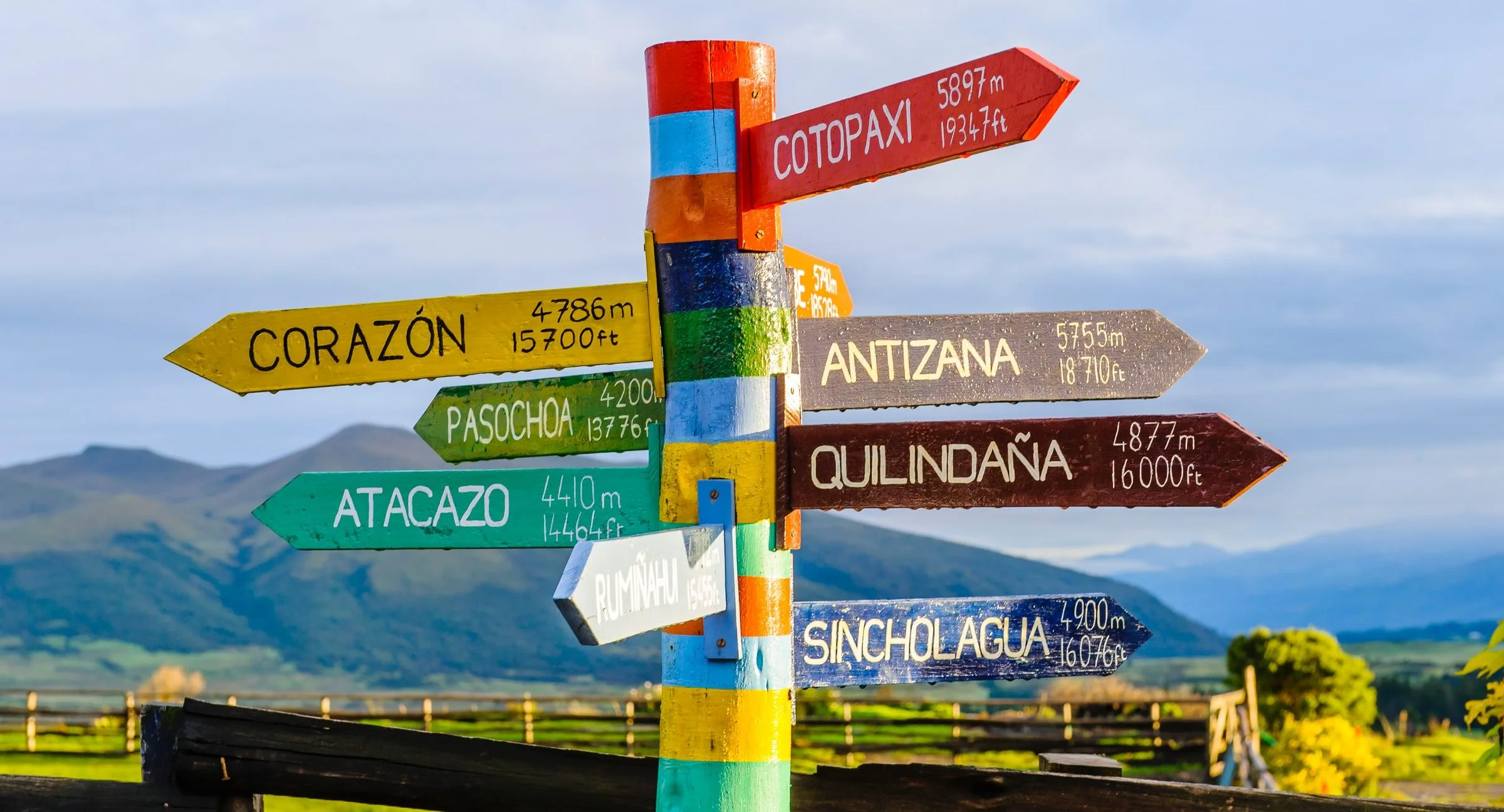
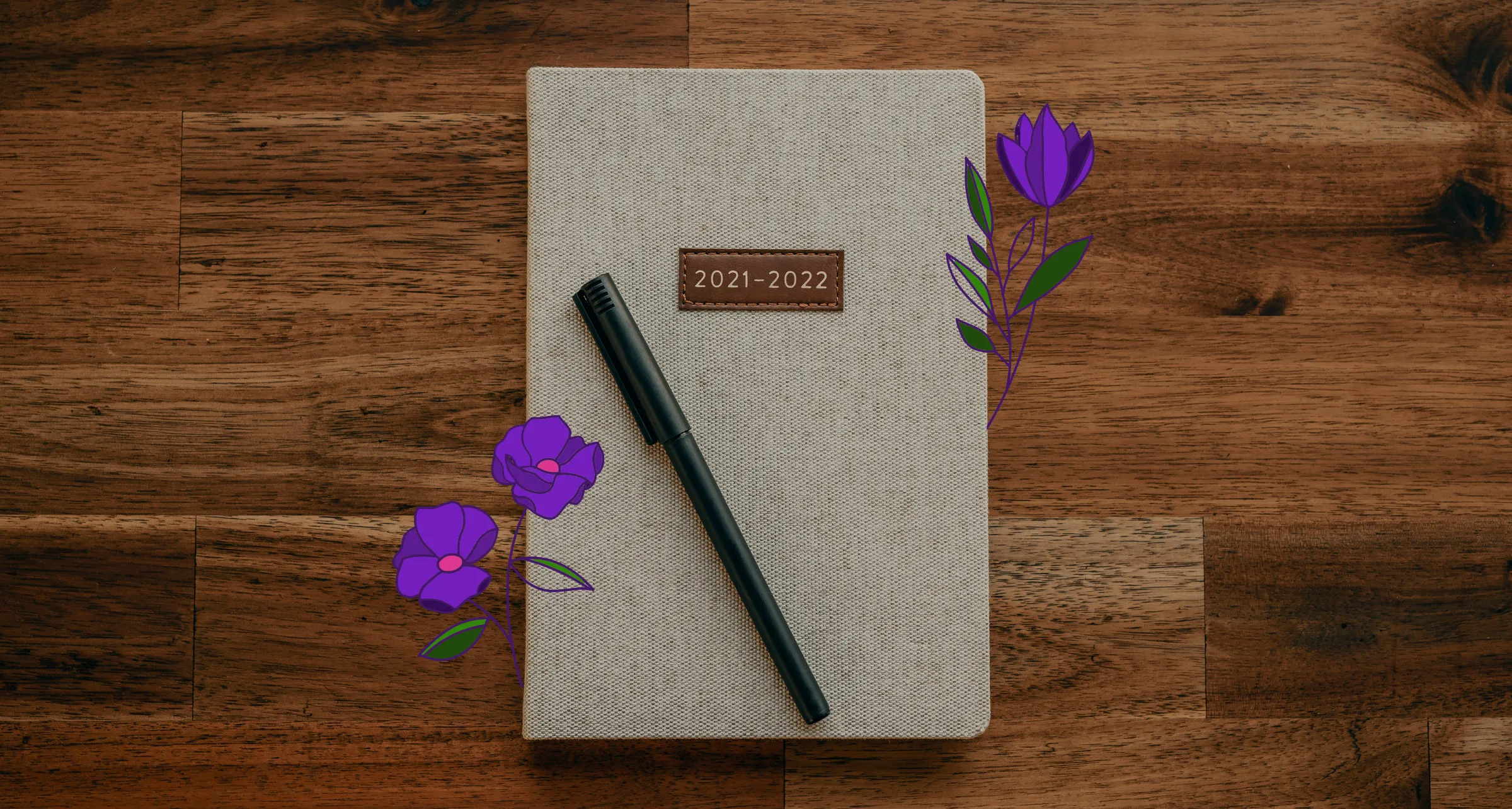


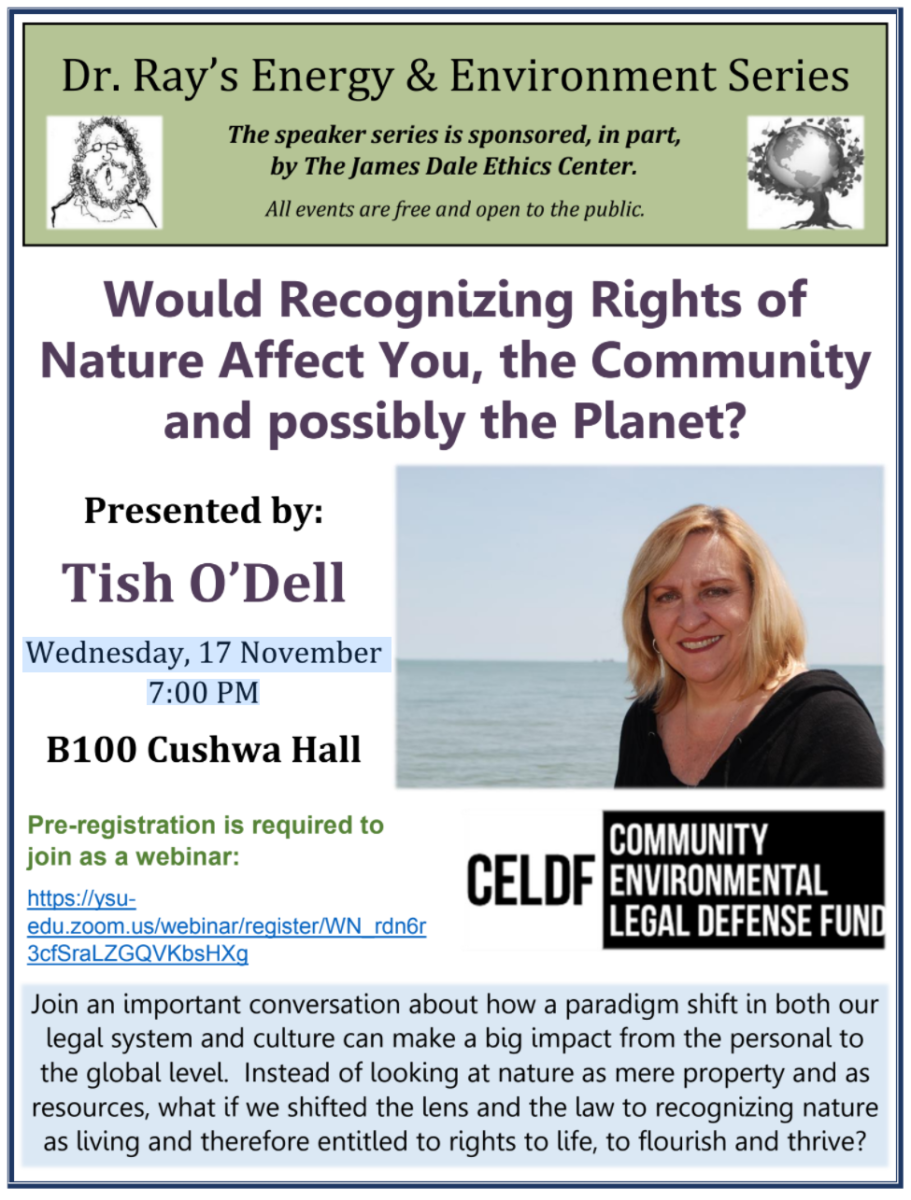
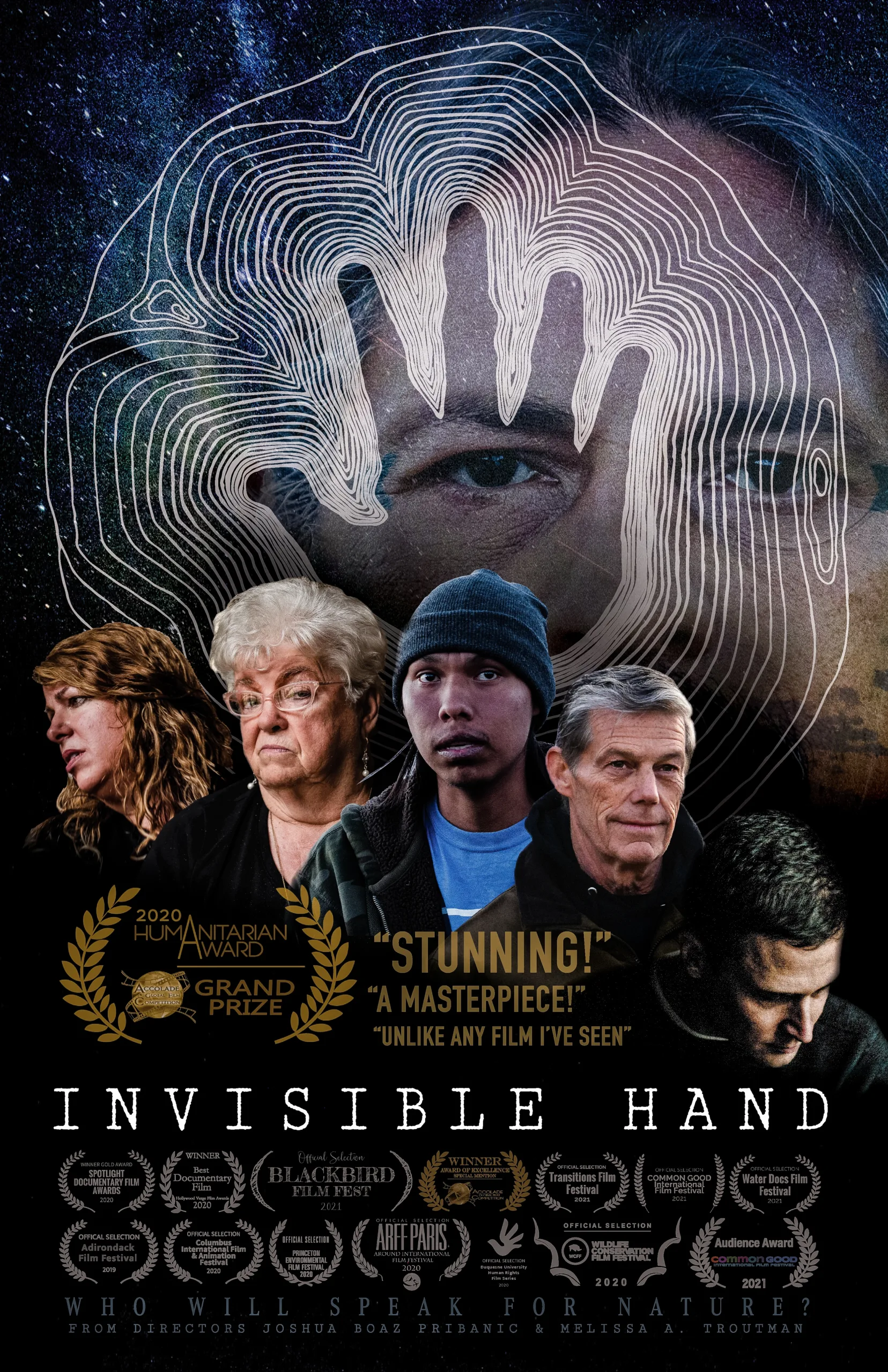
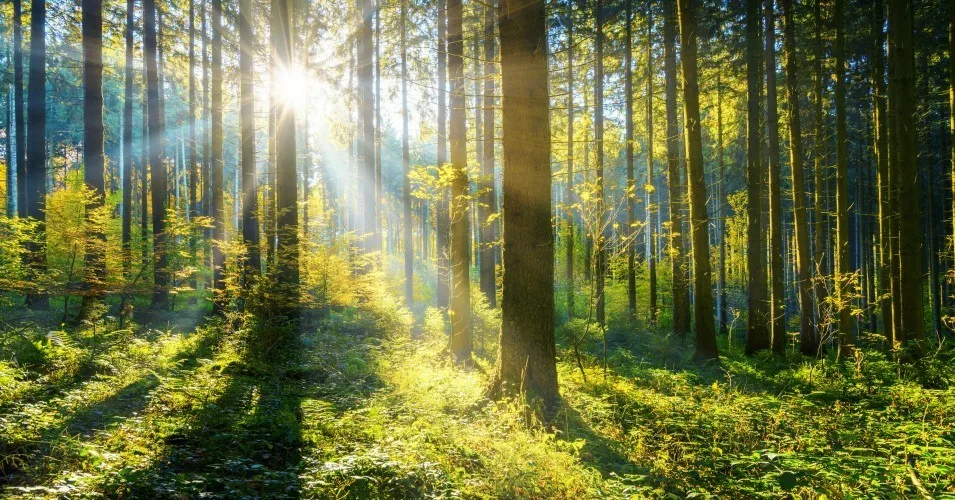
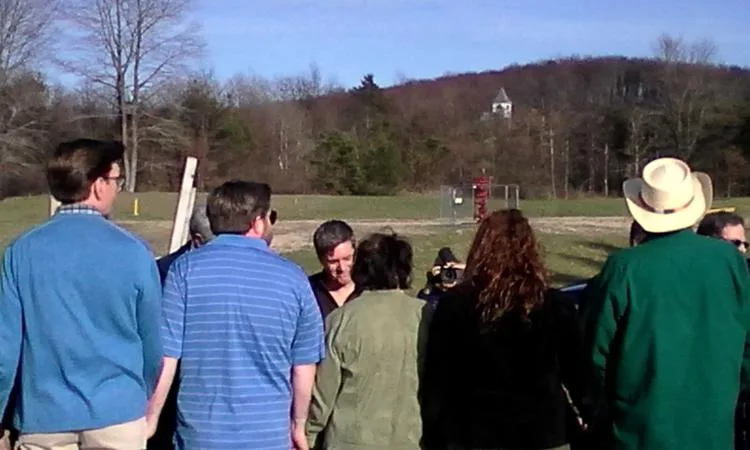

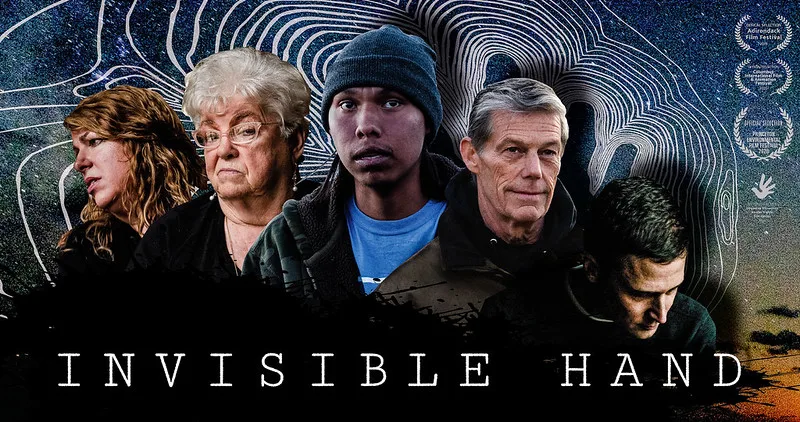
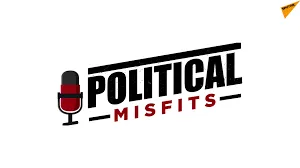
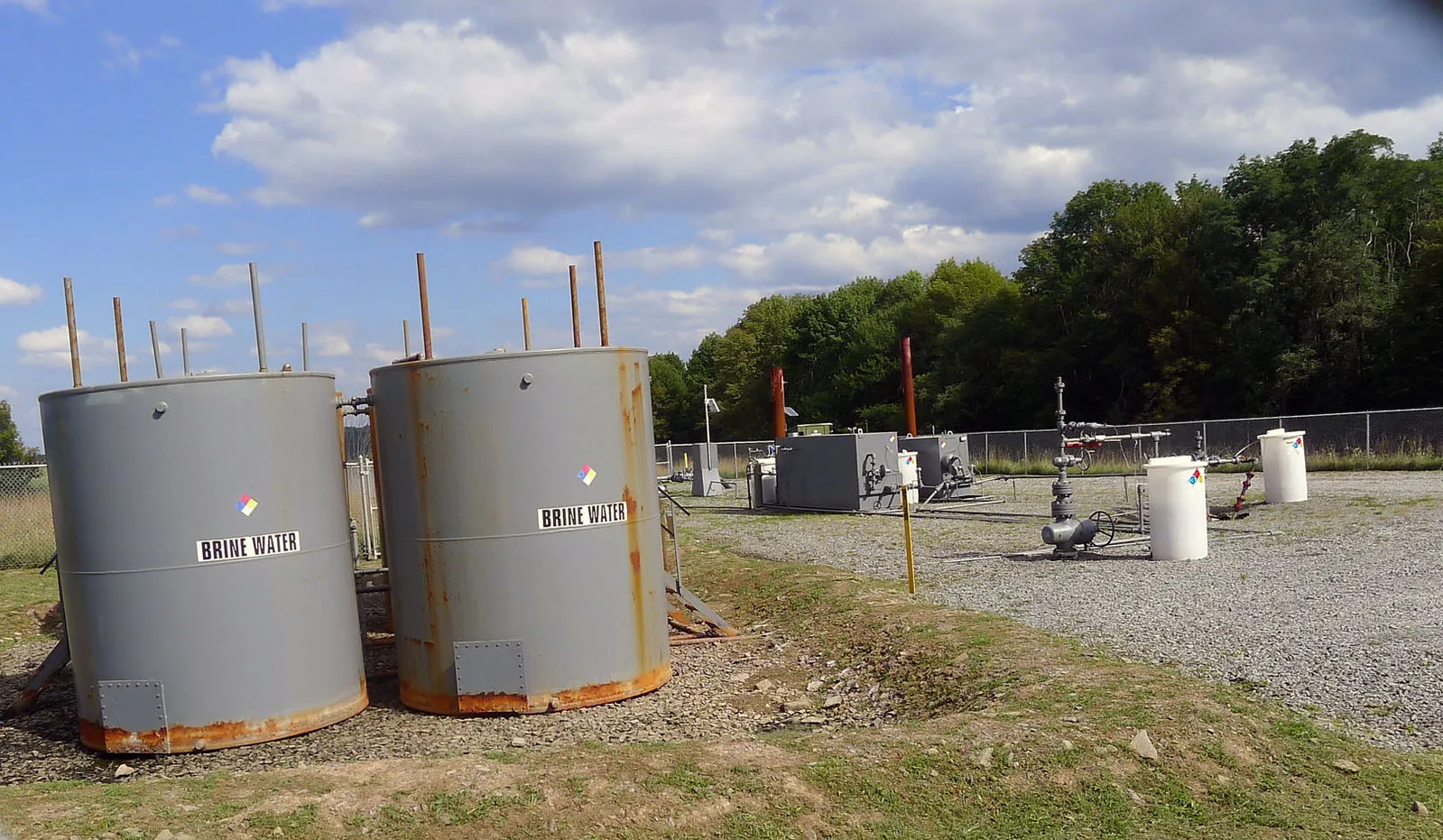
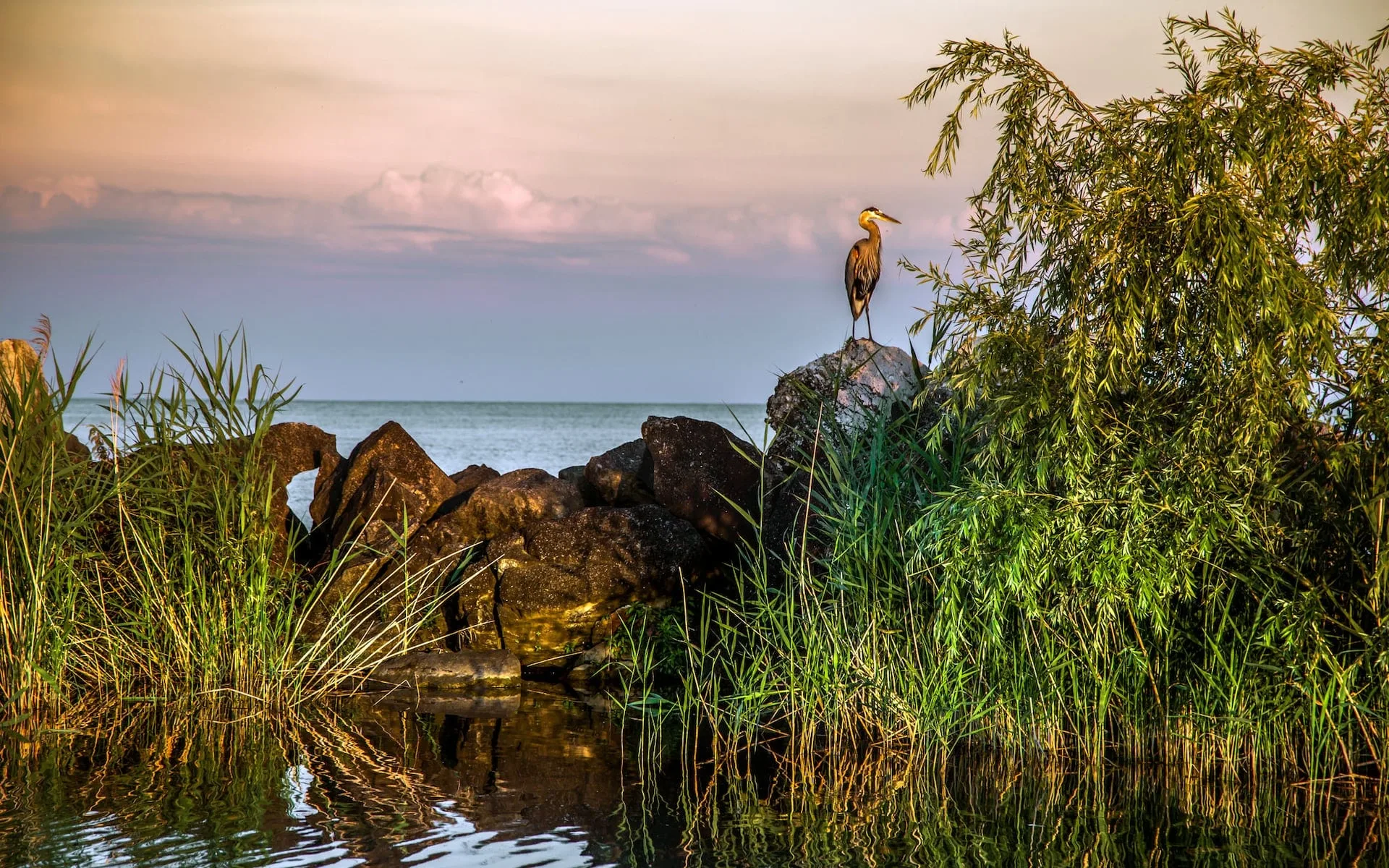
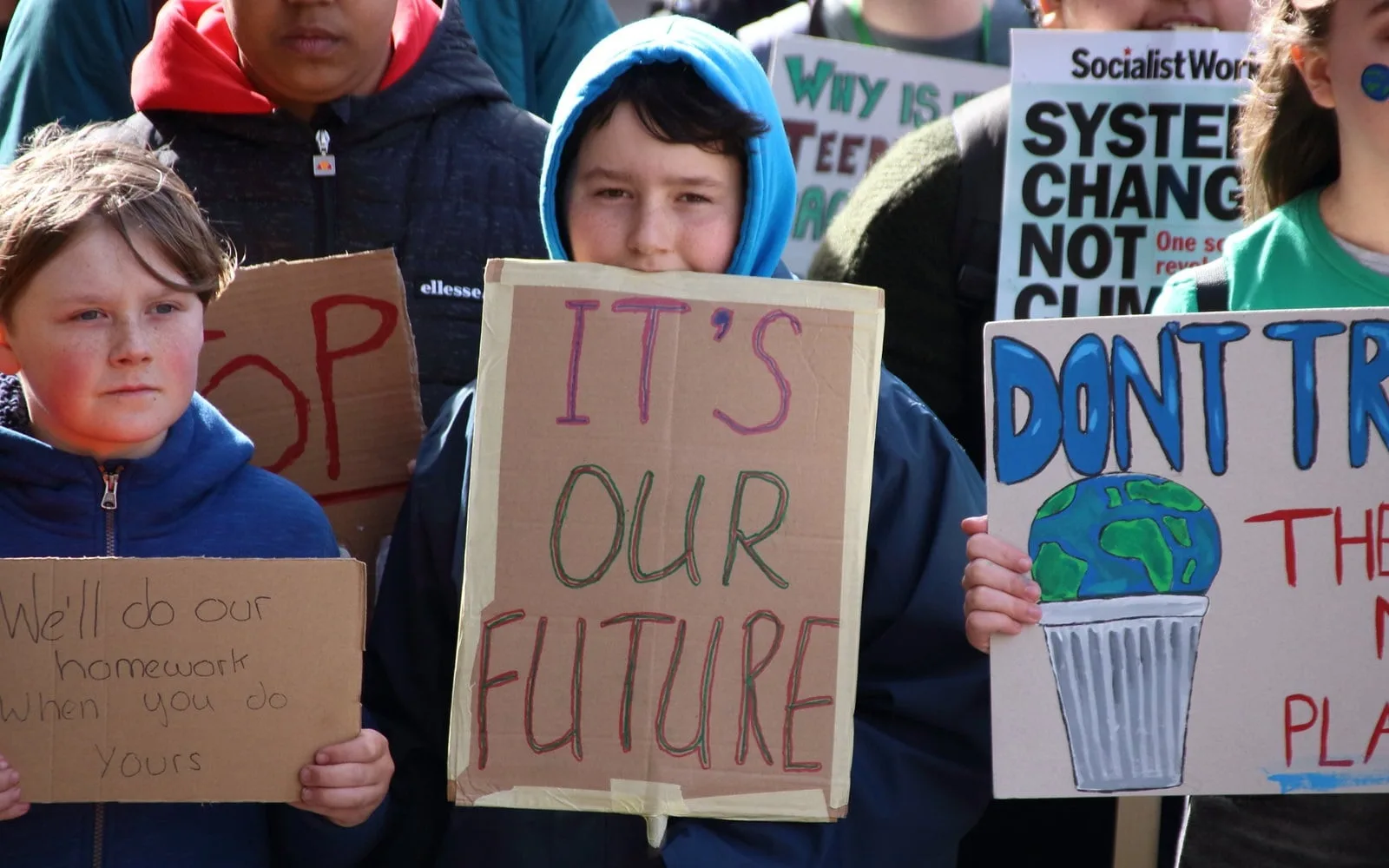
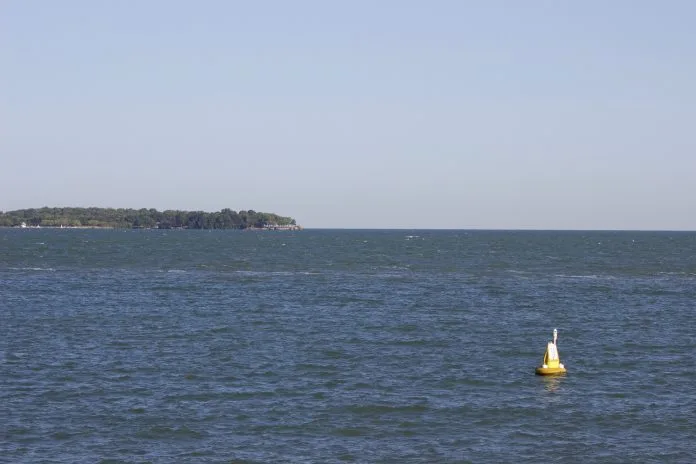
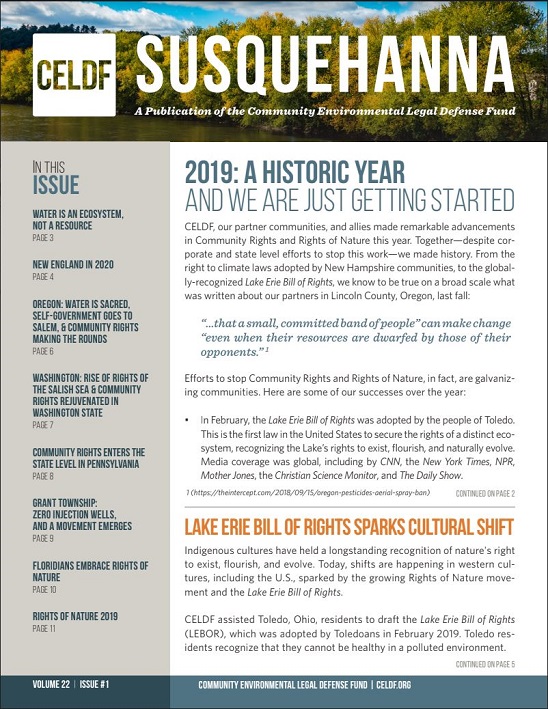 Our newsletter, the Susquehanna, comes out 2 – 3 times annually. If you are interested in receiving the newsletter – either electronically or by mail – sign up
Our newsletter, the Susquehanna, comes out 2 – 3 times annually. If you are interested in receiving the newsletter – either electronically or by mail – sign up 